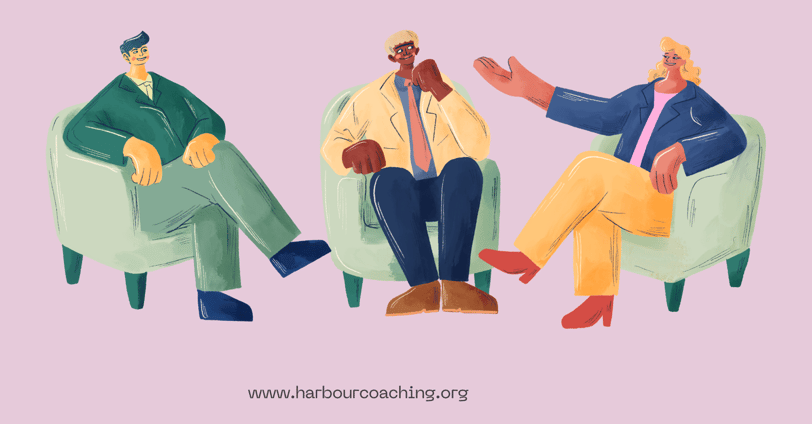People are not the problem .... until they are
Human interactions can bring us great joy, but they can also make us want to slam doors, shut down, or walk away. What do we do?
PEOPLE SKILLS
8/1/20242 min read


Bosses, colleagues, teachers, or even the ones nearest and dearest to us can tempt us to tear our hair out. But what drives us to distraction can also turn out to teach us rich and important lessons. Our "enemies" are sometimes our best allies because they can spur us to become better versions of ourselves.
Learning how to relate to others--especially when they are a part of our lives and there's no changing it--is an important life skill that can lead us to more wisdom, greater self-awareness, and yes, possibly even deeper satisfaction overall. Smart people skills are crucial in leadership, whether it is in the boardroom, church, school, sports field, or in the comfort of our home. "Difficult" people could be in our lives because there's something we can learn from them.
People appear to be difficult to us due to variances in personalities; core values; leadership and communication styles; or even simply because we have different responses to change and transition. As it usually turns out, all parties involved can benefit from growing in one area or another, and that includes the "me" in the equation.
Do we believe that there are certain standards that should always be upheld in the office no matter what happens? What about our communication styles? Do some people come across as being more trustworthy and others less so because we don't have to work as hard to understand them? How do we ourselves react when things don't work out the way we thought they would? Do we prefer to hide away to process, or do we want to talk out loud until the chaos looks more manageable to us?
Here's a question that might be particularly difficult in Asia: how do we react when people say no to us? What happens when we have to say no to others? Cultural difference which can be made up of assumptions not obvious even to ourselves, linguistic preferences, generational divides, or even thee little parts of daily life influenced by pop culture and news media.
We often perceive and experience the world in unique ways influenced by our past experiences, our strengths and preferences, and our visions of the future. This is true of us, and also of the other person whose behaviour we label "difficult."
An important question we can ask ourselves is, "How am I contributing to what's going on? What can I do to make things better?" We don't have to roll over and play dead. What this does mean is that we ask ourselves questions that can help us understand ourselves better, and hopefully, understand the other better as well.
